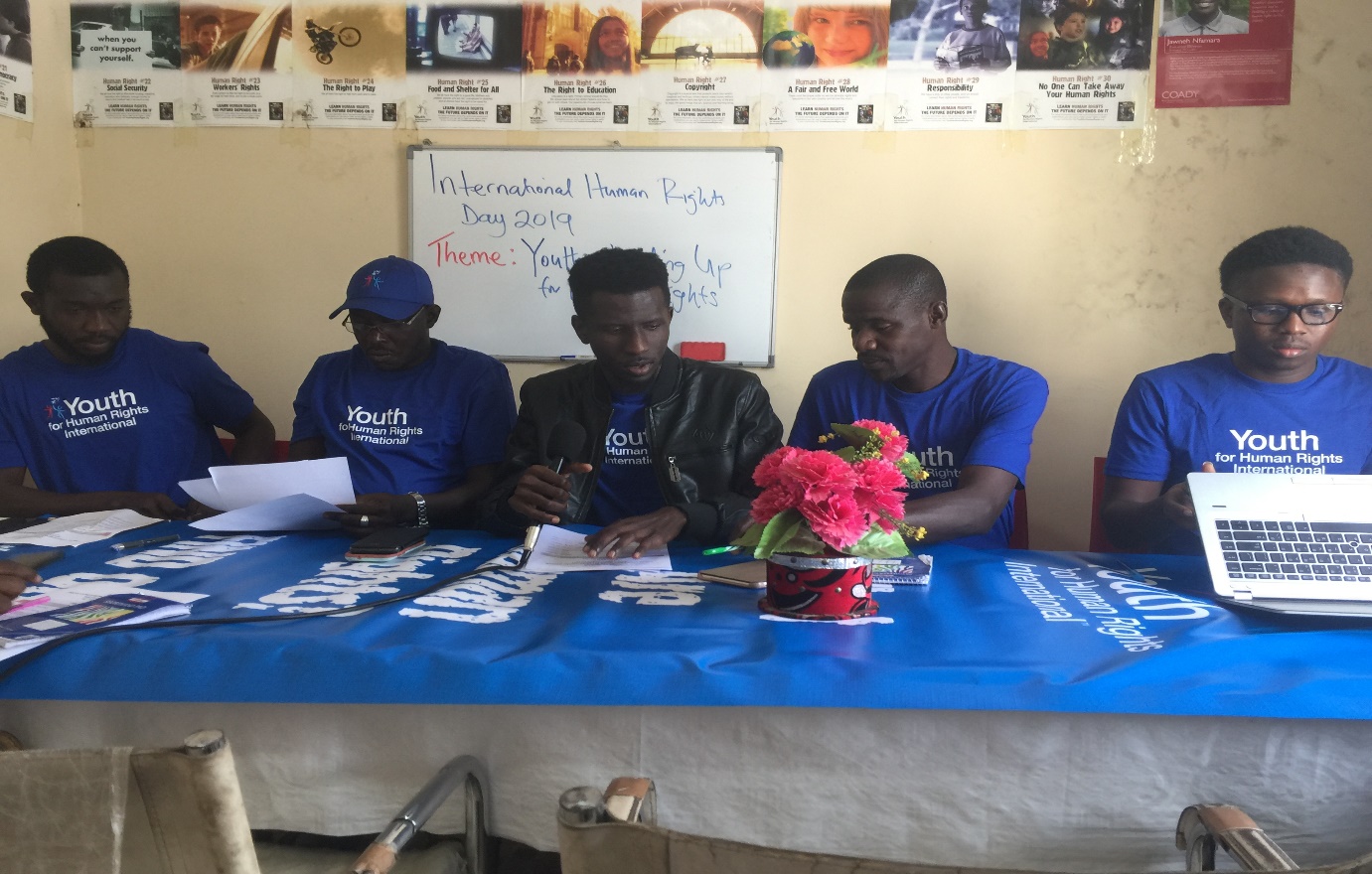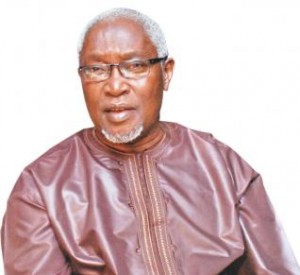By: Fatou Krubally
Gambian migrants in Mauritania have been enduring severe hardships, including alleged police brutality, detentions, and deportations, with many struggling to access food and shelter.
Prominent migrant situation reporter Ebrima Drammeh has raised concerns over the lack of adequate intervention by the Gambian authorities, despite government assurances that efforts were being made to address the predicaments of the migrants.
In an audio message shared on his platform, Drammeh detailed harrowing experiences of Gambians and other Sub-Saharan African migrants in Mauritania. He referenced a circulating video purportedly showing Mauritanian police, beating a Gambian national, though he admitted that he did not see it personally. He emphasized that multiple videos, showing police violence against migrants have surfaced, reinforcing reports of mistreatment.
According to Drammeh, migrants detained by Mauritanian authorities, are often deported to Rosso, a town near the Senegal-Mauritania border. However, border authorities frequently send them back, leaving them stranded with no place to go. Those caught in this cycle often end up in Mauritanian prisons, facing further human rights violations.
He revealed that since the issue began to unfold, his platform has received over 100 distress calls from Gambians in Mauritania, mainly from Nouadhibou, Nouakchott and Rosso. Many, he added, have been complaining of spending up to four days without food, raising serious humanitarian concerns.
While Gambia’s Minister of Information, Dr. Ismaila Ceesay, recently stated on West Coast radio’s Coffee Time With Peter Gomez that the government was aware of the situation and working with the Mauritanian authorities, some migrants and activists have expressed disappointment with the response.
Drammeh highlighted that the Gambian embassy in Mauritania, led by ambassador Sheikh Omar Faye, has faced criticism for alleged inaction.
According to him, many affected migrants believed the embassy has not done enough to intervene or provide support. This sentiment is in contrast with past instances, where the embassy reportedly took swift action to assist Gambians in distress.
Conversely, Senegal’s assistant minister of foreign affairs recently travelled to Mauritania to engage with authorities on the safety of Senegalese migrants. This proactive approach has led to further frustration among Gambians, who felt their government has not matched Senegal’s level of commitment.
Drammeh also criticized the International Organization for Migration (IOM) in Mauritania, calling them “useless” in addressing the problem. He stated that whenever migrants or advocates try to reach out to IOM, their calls and messages often go unanswered for days. This lack of responsiveness has left many vulnerable migrants without vital support.
Drammeh referenced an ongoing human rights campaign, led by activist David, who represented migrant interests at a UN event attended by African Union leaders, human rights groups, and refugee organizations. He stressed that such international advocacy is essential in holding governments accountable for the treatment of African migrants.
Drammeh also stated the previous concerns raised by Gambian opposition leader Mama Kandeh, who also condemned the treatment of Gambians in Mauritania, asserting that it must stop.
He reiterated that his role is not to attack the Gambia government or Gambian embassies but to highlight the harsh realities migrants face. He emphasized that he receives calls from struggling Gambians in multiple countries, including Tunisia, Morocco, Libya, and Algeria. Many of these migrants, he continued, turn to him rather than Gambian embassies, which they believe are unresponsive to their plight.
The ongoing maltreatment of Gambian migrants in Mauritania has sparked widespread concerns, with many questioning the effectiveness of government interventions. While authorities insist that efforts are being made to address the crisis, reports from the ground suggest that much more needs to be done.
As pressure mounts on the Gambian government and diplomatic missions, the fate of stranded and mistreated Gambians remains uncertain. The need for urgent humanitarian and diplomatic action has never been more pressing than now.





